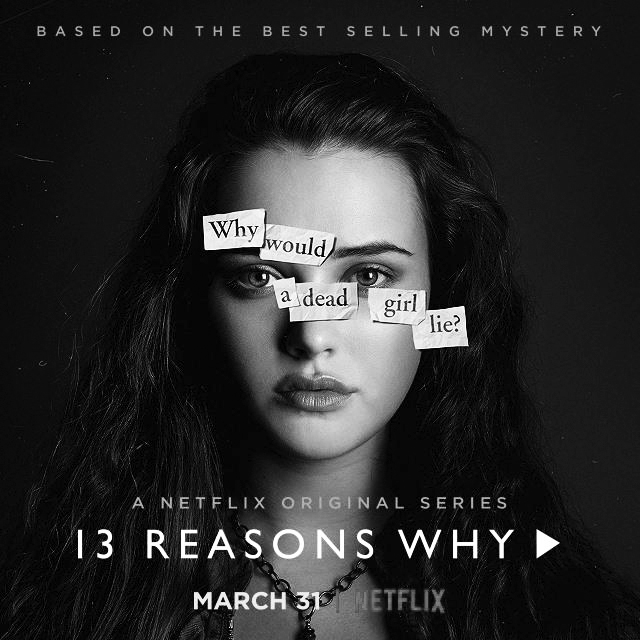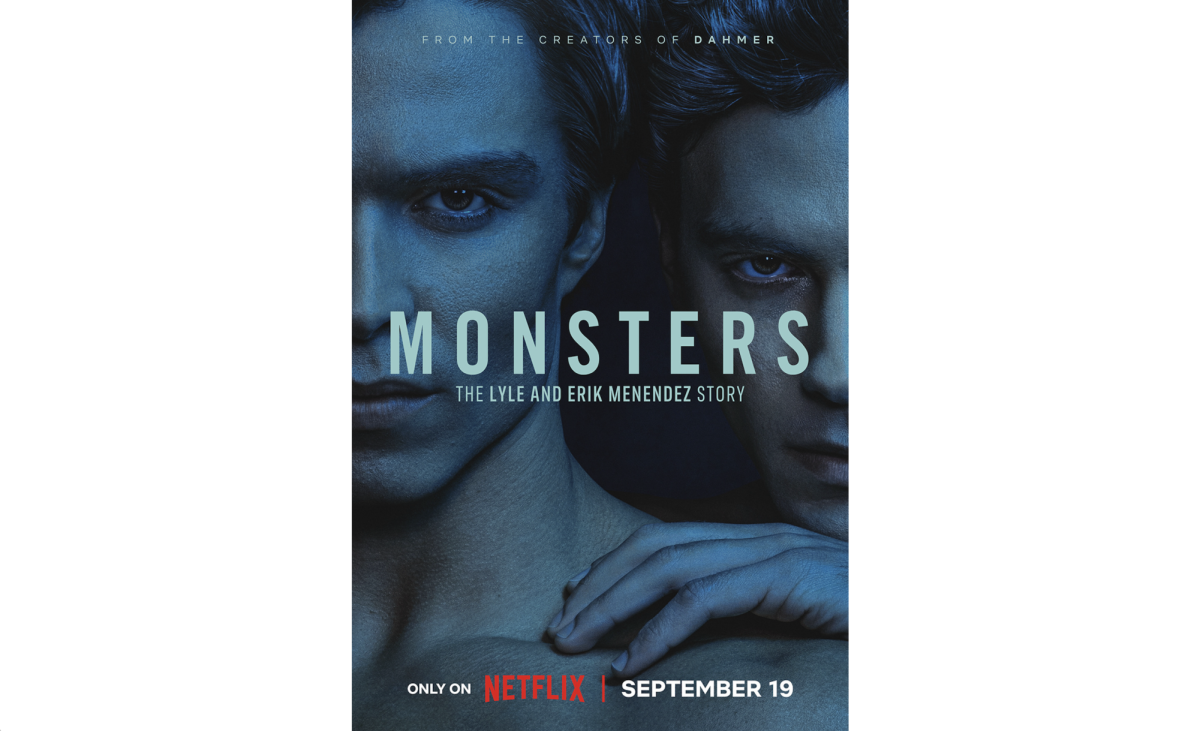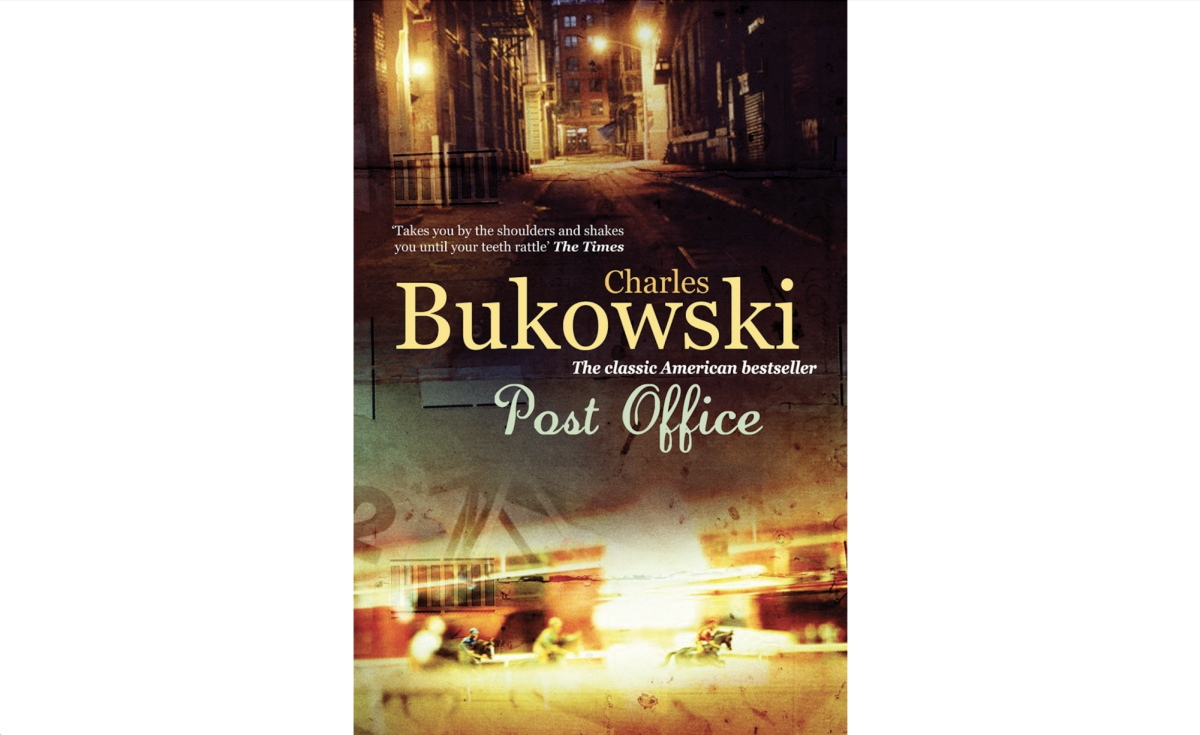“13 Reasons Why” is probably on your “suggested” list in Netflix. You’ve probably seen memes of it circulating on your newsfeed. Maybe you even read the book in your early High School years and have been anticipating the show for a while. Long story short—this series is all the rage right now and in order to give you an adequate review I’m going to have to include some pretty crucial spoilers-fair warning.
So why is “13 Reasons Why” blowing up your Facebook feed? It’s not because of the decent acting performances or Selena Gomez’s production skills, but because of the enormous controversy over the essence of the series. This series is a cultural phenomenon that our society has not quite seen on such a wide-reaching scope before: addressing the issue of suicide in a way that is receiving some serious backlash.
The series, based on a novel by Jay Asher, focuses on a high school girl named Hannah and the reasons why she commits suicide. Right off the bat, it is dark, intense and something you have to mentally prepare yourself for. I was expecting this as I had read the book years earlier, plus the directors lay out the premise of the show pretty clearly in the first few minutes. Hannah sends out 13 tapes that call out the people who caused her pain and ultimately led her to take her own life. The audience follows along through a fitting 13 episodes as our protagonist, Clay, listens to the tapes and reminisces on his relationship with Hannah.
Within the first few episodes of the series I got the intended message— be careful with your words and actions, because you never know the impact they can have on others. As the show progressed however, my takeaway warped into something much different. By taking her own life, this young woman gained an ultimate power over those who harmed her. While watching this series, you are essentially watching those people squirm over the pain they caused her as they listen to her tapes, her reasons why.
This is a problem because people who are watching this show (mostly young adults and teenagers) can see that in some twisted way, the show sensationalizes suicide to portray that Hannah ultimately “won” over those who bullied and abused her. For those who have considered suicide and/or are vulnerable, this can be a dangerous message to draw from the series.
The series also misses the mark when, in later episodes, the audience watches as Hannah is graphically abused and when she commits suicide. Some people suggest that this reads too much like a “how-to” guide and has the potential to be incredibly harmful. When I say this was graphic I’m not kidding—this scene was gut wrenching and my friend told me it made him cry.
“There is a great concern that I have…that young people are going to over-identify with Hannah in the series, and we actually may see more suicides as a result of this television series,” Executive Director for Suicide Awareness Voices of Education (SAVE), a nonprofit group with the mission of suicide prevention, Dan Reidenberg told ABC News.
“I’ve heard from others that are really concerned because it’s so sensational and so graphic that they’re worried about the copycat effect of suicide,” he added.
Another harmful aspect to the show was that there were no other alternatives laid out by the show at the end of an episode. This means no suicide hotline numbers or resources of any kind. For a series that is so very triggering, there was no effort made to provide the audience with even basic resources. Additionally, there was no mention of mental illness throughout the show.
As far as the quality of the show goes—it was good. If I said I didn’t watch all 13 episodes in two days I would be lying. But I think the message of the show (both the intended and the unintended) overshadows the quality, and it is a much more important conversation to have.
If you or someone you know needs help, please call the National Suicide Prevention Lifeline at 1-800-273- TALK(8255).
Tess may be reached at
[email protected]











![“The Substance”: Shocking, Vomit-Inducing and Brilliant [REVIEW & SPOILERS]](https://seattlespectator.com/wp-content/uploads/2024/10/TSR-COLOR-ZAM-1200x900.jpg)